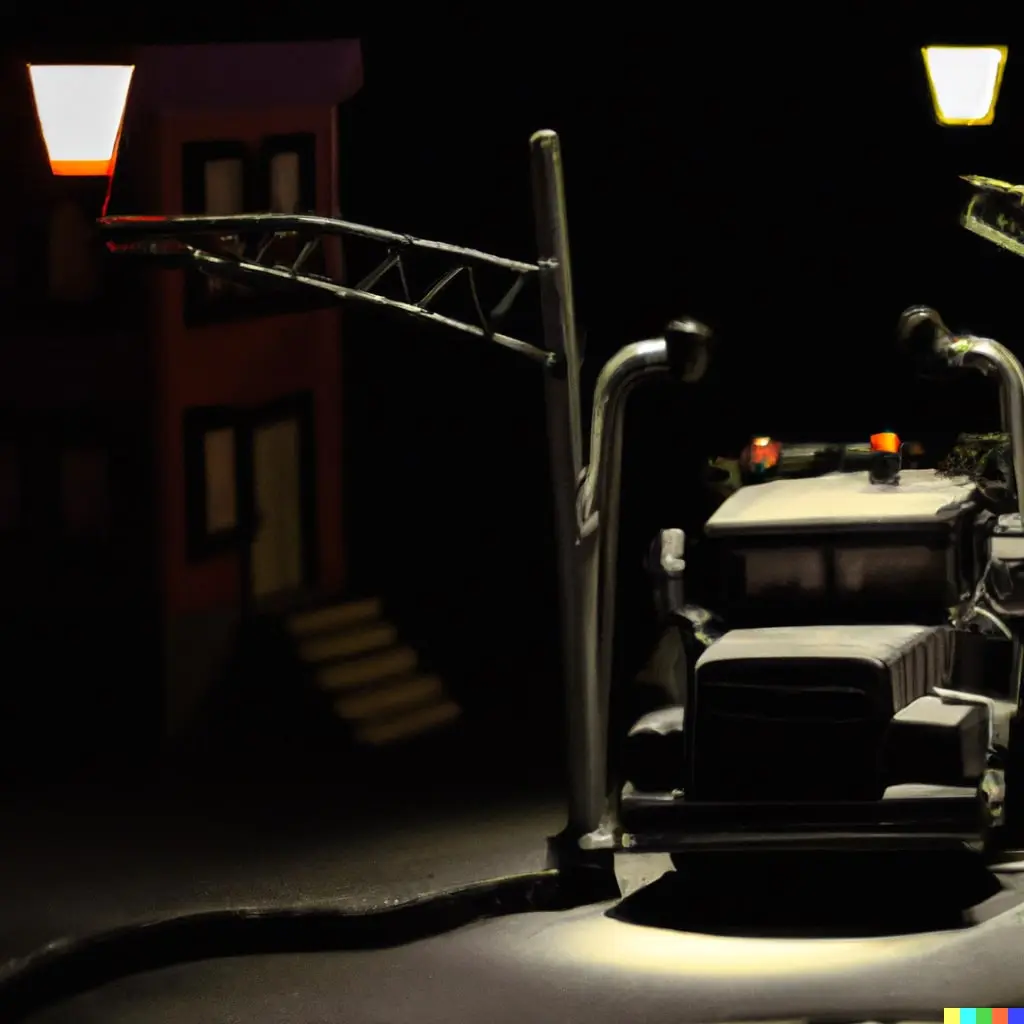Preventing car Repossession in Denver, Colorado

Have you fallen behind on your car payments? Has your vehicle already been repossessed? Did you co-sign for a vehicle that’s not being paid for or has been repossessed? Colorado laws allow creditors or lenders to repossess your car at any moment after you fall behind on your payments without needing any sort of court approval.
The longer you wait, the worse your chances are at maintaining possession of your car. Call our Denver office today to schedule a consultation with our skilled bankruptcy attorney.
How soon can a vehicle repossession start?
Once you’ve missed a payment lenders will begin collecting informally, calling you or your cosigner, and sending reminders. Your lender isn’t required to take these steps, and may skip them if your recent payment history isn’t great.
Colorado law allows for the repossession process to begin after you’ve been in default for ten days. When you’re in default depends on your lender – some will give you more time than others before beginning collections.
The first formal step in the repossession process is the Notice of Right to Cure. This Notice informs you that you are behind on payments and tells you the specific amount that you need to pay to get caught up, and the due date for that payment. You have 20 days to catch up on payments. If you’re able to come up with the money on time, the process stops and things go back to normal. However, if you fall behind on payments again the lender is not required to send a new Notice before repossessing so you need to be very careful about making all your payments in the future.
How can I stop car repossession if I can’t catch up on payments
If you can’t come up with the amount of money needed to cure the default and the lender isn’t willing to work with you, bankruptcy may allow you to keep your car.
When you file a Chapter 7 bankruptcy, your creditors must stop all collection actions against you, including repossession. This is only a short-term solution, though, because the bankruptcy’s protection isn’t permanent. This delay may give you time to come up with the money to cure the default, or it may encourage the lender to renegotiate the contract in an agreement that is filed with the bankruptcy court.
A Chapter 13 bankruptcy will also stop the repossession, and it offers other perks. A Chapter 13 may extend the length of time you have to pay off the vehicle, reduce your interest rate, and possibly reduce the amount you owe on the vehicle.
While it generally doesn’t make sense to file bankruptcy just to stop a repossession, it’s a powerful tool that will give you options for the vehicle in addition to wiping out other debts that are weighing you down.
Does the law protect me during repossession?
The Fair Debt Collection Practices Act (FDCPA) protects you from abuse by people aiming to repossess your property. The FDCPA prevents them from:
- Harassing debtors
- Threatening legal action that they do not intend to pursue
- Misrepresenting their identity.
While creditors are allowed to take your property without obtaining court permission, they still have to follow Colorado law when repossessing your property.
This means that creditors cannot:
- Pretend to be a law enforcement officer while conducting the repossession;
- Threaten any of the above actions;
- Cause a fight;
- Break into your house;
- Enter a closed garage or your home;
- Stop you on the street or highway like a law enforcement arrest; or
- Forcibly remove you from the vehicle.
It can be stressful going through repossession. If you want to avoid that stress, you can file bankruptcy with our trusted Denver repossession attorney.
How do I get my car back after it’s been repossessed?
Once a vehicle has been repossessed, your only right is to redeem – to fully pay off the amount that you owe on the loan (not catch it up) as well as the repossession and storage fees. This isn’t practical for most people.
Some lenders may agree to return the vehicle if you get caught up on payments and pay off the repossession and storage costs, but they’re not required to do so.
You may also be able to get your vehicle back if you’ve filed a Chapter 13 bankruptcy before the vehicle is sold at auction.
If you’re not able to satisfy the lender, the vehicle will be sold at auction. If it sells for more than enough to cover what you owe on the vehicle, repossession and storage costs, and the costs of sale, you are entitled to the difference. This is almost never the case, though.
If the vehicle sells for less than what you owe, the difference is called the deficiency. The creditor will attempt to collect the deficiency amount from you or any co-signer.
How do I stop collections and lawsuits after repossession?
You may not be able to come up with the money to stop a repossession, or you may not decide it’s not worth it to try. However, after the repossession, the lender is going to come after you for the deficiency balance. They’ll send you threatening letters, ding your credit and eventually sue you, garnish your wages, and clean out your bank account.
You can deal with these creditors in a number of ways:
- Settlement – If you can come up with a lump sum of cash, motor vehicle deficiency creditors are generally willing to settle.
- Repayment Plans – You can generally get into a repayment plan for auto loans after repossession. However, interest will continue to accrue so be sure to pay as much as you can as quickly as possible.
- Litigation – You may sue the lender for wrongful repossession, or auctioning the car in a way that isn’t commercially reasonable. This won’t work in most cases, it isn’t particularly easy, and it requires the assistance of a lawyer.
- Bankruptcy – Bankruptcy is almost always the quickest, cheapest, and easiest way to wipe out the deficiency balance on a repossessed motor vehicle. Other debts such as credit cards, medical collections, and broken leases will also be wiped out in the bankruptcy, giving you a fresh start and allowing you to start rebuilding your credit quickly.
What happens to the co-signer on a repossessed car?
One of the many lies that car salespeople and auto lenders tell is that the co-signer is less responsible for the loan. If they told the truth – that the cosigner is 100% on the hook if the borrower doesn’t pay – no one would ever co-sign.
The lender can take every action against a co-signer as it can against the borrower, including negative credit reporting, lawsuits, garnishments, etc. When you default, you’re throwing your co-signer to the wolves. You may be able to get the lender to agree not to pursue your co-signer as long as you settle the debt or make a repayment plan, but this is something you should get in writing. If you file Chapter 7 bankruptcy, your co-signer still isn’t safe from the lender, but in some instances, the creditor doesn’t realize this and may simply drop it.
If you co-signed for someone else’s vehicle and they aren’t making payments, you are at risk of collections. Talk to an experienced bankruptcy and debt relief attorney ASAP to figure out how to protect yourself.
Call our Office Today For a Personalized Legal Counsel from our Denver Repossession Attorney!
We know how difficult it can be to lose the personal property you’ve worked so hard to obtain. Our repossession attorneys will work with you to ensure you keep your hard-earned property.
At The Law Office of Clark Daniel Dray, our bankruptcy attorneys have handled thousands of bankruptcy cases, both under Chapter 7 and Chapter 13 bankruptcies. We offer personalized bankruptcy and debt resolution services that will relieve you of your financial problems and help you get a fresh start.
No two cases are the same. Our attorney accounts for the unique circumstances of your case along with all the pertinent laws to provide you with the best course of action.
Find relief from the pressures of your debt by calling our skilled Denver repossession attorney today.
The image included in this post was AI generated via OpenAI.


